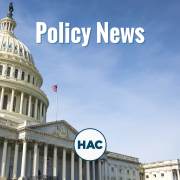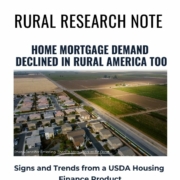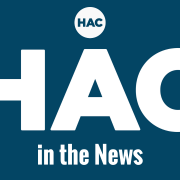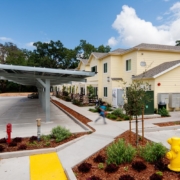by David Lipsetz
The Biden-Harris Administration released a Housing Supply Action Plan on May 16 that can bring the cost of housing back in line with families’ incomes. This is particularly important in small towns where incomes remain stubbornly low, while the cost of buying or renting a place to live is soaring. The Housing Assistance Council (HAC) applauds the Administration for designing and including several provisions specifically with rural markets in mind.
The Plan includes administrative and legislative proposals to improve existing housing finance mechanisms. It establishes new housing production programs. It calls for changes to the Low-Income Housing Tax Credit that will attract private investment in affordable rental housing. It provides grants—such as the HOME Investment Partnerships Program—to states, cities and towns to do what locals know will be best for their local housing market. It calls on Congress to establish a Housing Supply Fund and incentivize zoning reform to accelerate the building of more housing across the Nation.
Critically, the Administration proposes reforms that prioritize homeowners living in the homes that they own. This is a welcome change for rural Americans who need high-quality affordable homes in which to live far more than they need high-priced vacation homes. For rental housing, the Administration focuses investment on small-scale 2–4-unit buildings instead of high-rise apartment complexes. It calls for new rentals where few are being built and recognizes the urgency of preserving affordable rentals that already exist. And for the first time in decades, an Administration released a housing plan that calls for improved financing for manufactured housing, an important resource in rural places.
The shortage of affordable housing in rural America is a serious issue. Rental units are being lost at an alarming rate. Single-family homes are significantly older than elsewhere in the Nation. The Administration’s framework recognizes the unique need for affordable housing and proposes solutions built to work in small town and rural America.
Many of the Administration’s actions just announced reflect HAC’s policy priorities. But it remains critical that these actions be complemented by initiatives to address another essential factor in improving housing for rural Americans—building the capacity of local organizations to improve their own communities. Because rural places often have small and part-time local governments, they often find it particularly difficult to navigate the complexities of federal programs and modern housing finance, and to compete for government resources. Philanthropy has not stepped in to address this inequity built into our systems, instead concentrating its resources in already-prosperous high-cost regions. Targeted capacity building through federal investments in training and technical assistance is how most local organizations build skills, tap information, and gain the wherewithal to do what they know needs to be done.
Rural communities hold vast potential to drive economic growth and improve the quality of life for all Americans. Access to quality, affordable housing is key to jumpstarting that potential. Building and preserving homes creates jobs, improves education and health outcomes, and provides much-needed financial and physical stability to families in need. We look forward to working with the Biden-Harris Administration and Congress to ensure that these initiatives move us closer to the day when every American has access to a safe, decent, and affordable place to call home.



 Housing Assistance Council
Housing Assistance Council



